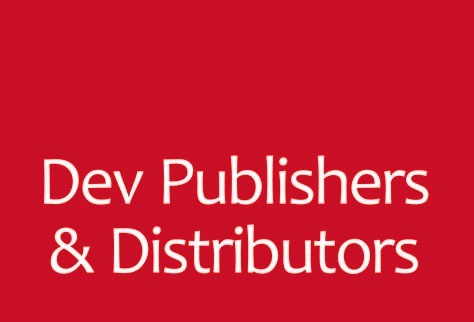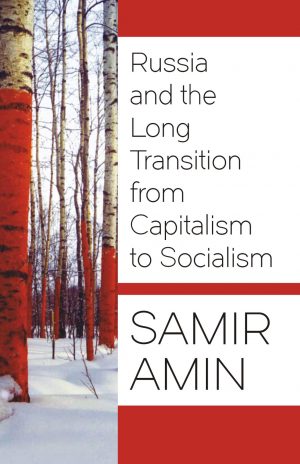Russia and the Long Transition from Capitalism to Socialism
About the Book
Out of early twentieth-century Russia came the world’s first significant effort to build a modern revolutionary society. According to Marxist economist Samir Amin, the great upheaval that once produced the Soviet Union also produced a movement away from capitalism—a long transition that continues today. In seven concise, provocative chapters, Amin deftly examines the trajectory of Russian capitalism, the Bolshevik Revolution, the collapse of the Soviet Union, the possible future of Russia—and, by extension, the future of socialism itself. Amin manages to combine an analysis of class struggle with geopolitics—both crucial to understanding Russia’s complex political history. He first looks at the development (or lack thereof) of Russian capitalism. He sees Russia’s geopolitical isolation as the reason its capitalist empire developed so differently from Western Europe, and the reason for Russia’s perceived “backwardness.” Yet Russia’s unique capitalism proved to be the rich soil in which the Bolsheviks were able to take power, and Amin covers the rise and fall of the revolutionary Soviet system. Finally, in a powerful chapter on Ukraine and the rise of global fascism, Amin lays out the conditions necessary for Russia to recreate itself, and perhaps again move down the long road to socialism. Samir Amin’s great achievement in this book is not only to explain Russia’s historical tragedies and triumphs, but also to temper our hopes for a quick end to an increasingly insufferable capitalism.
- Author: Samir Amin
- Publisher: Dev Publishers & Distributors
- Edition: First
- Year: 2016
- Dimension: 14 x 21 cm
- No. of Pages: 142
- Weight: 170 gm
- ISBN: 9789381406601
- Binding: Softcover
- Territory: South Asia
- Price: ₹ 350
About the Author
Samir Amin was born in Egypt in 1931 and received his Ph.D. in economics in Paris in 1957. He is director of the Third World Forum in Dakar, Senegal. His numerous works include The Law of Worldwide Value, Eurocentrism, The World We Wish to See, and The Implosion of Contemporary Capitalism.


